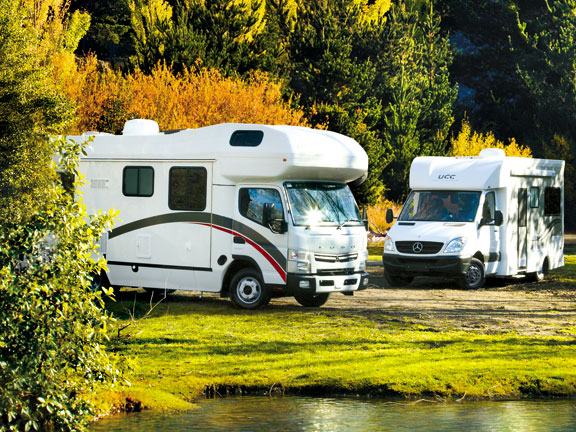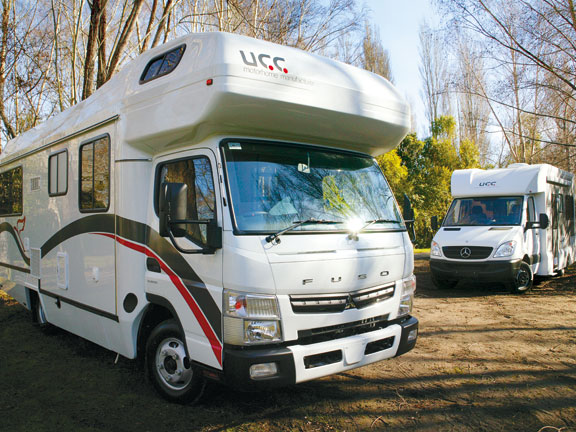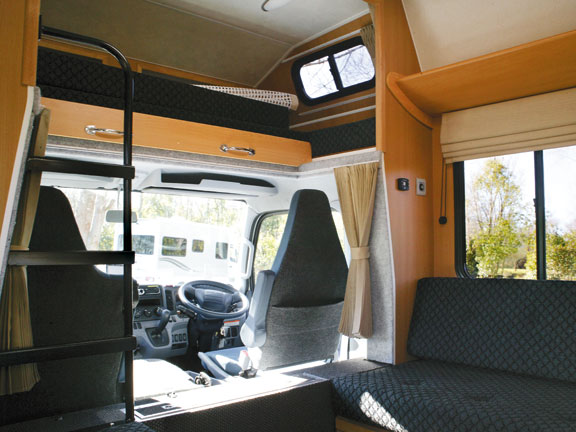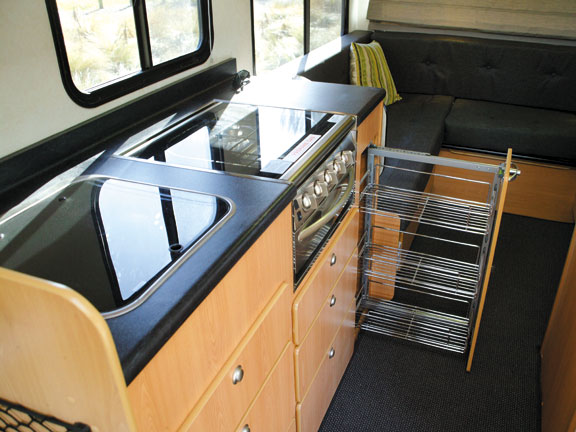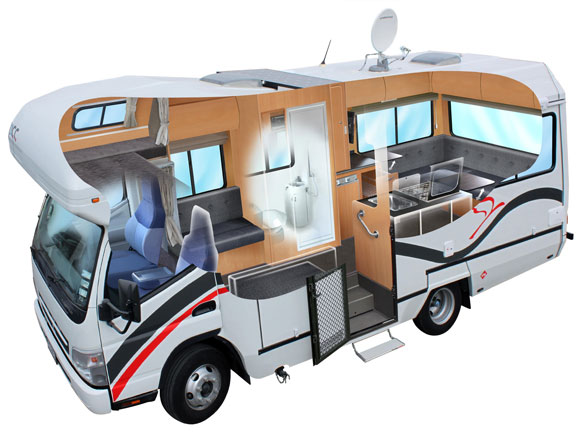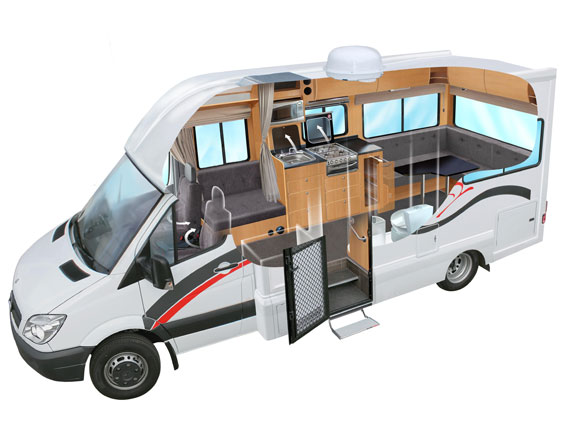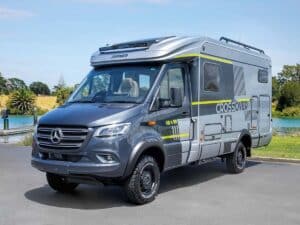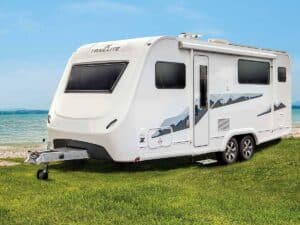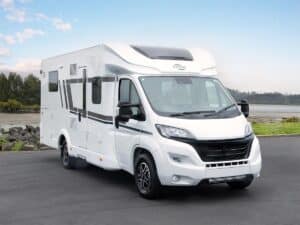- Dependable UCC build quality
- Dual living areas
- New Fuso base is the cleanest light truck on sale
- Contemporary styling
- Precise and communicative handling
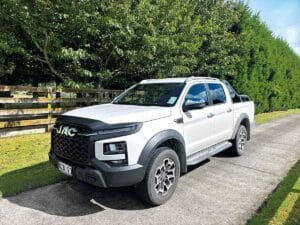
Review: JAC T9
For those passionate about adventuring with their caravan, one of the most important keys to success is a competent tow vehicle. We take a look at a newcomer to the market – the JAC T9.

